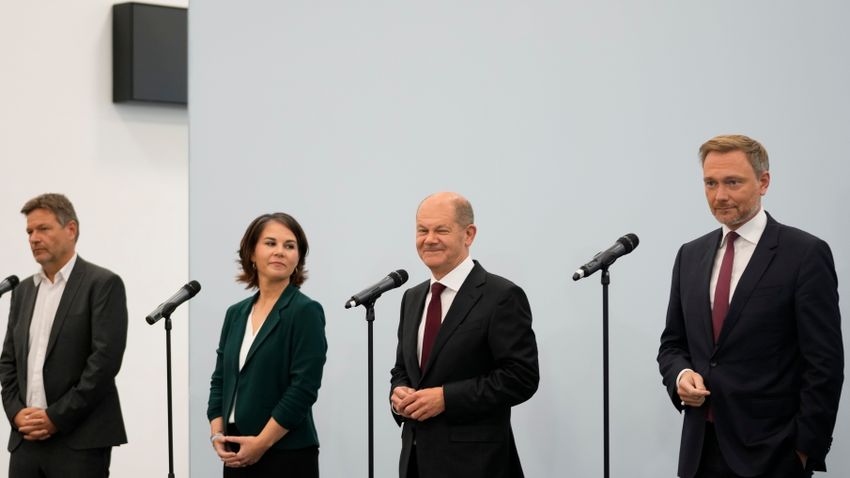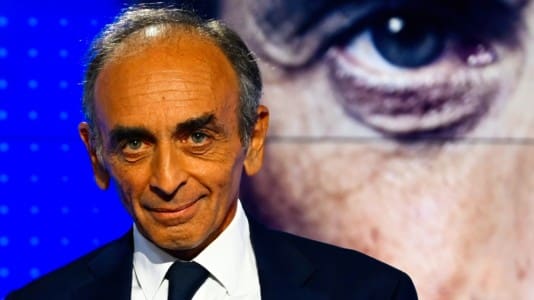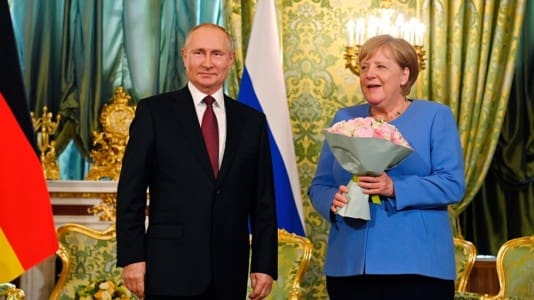Although Chancellor-in-waiting Olaf Scholz is optimistic about the progress of the coalition talks between the three parties that will make up Germany’s next “traffic light coalition,” there is no clear date on when an agreement could be reached. There are also signs that a number of sticking points are leading to conflict among the coalition party members, which could complicate a final agreement.
“Everything is going very well, very constructively,” said German Vice Chancellor Olaf Scholz at a dinner hosted by the German daily Süddeutsche Zeitung on Monday about the current state of the Social Democrat-led (SPD) coalition talks with the climate-friendly Greens and the Free Democratic Party (FDP).
The chancellor-in-waiting added that he was confident that an agreement could soon be reached on the formation of the next German governing coalition. However, Scholz did not wish to comment on what the parties had agreed to during the negotiations so far.
On Monday, talks between the SPD, the Greens and the FDP continued at the highest level after a working group of 22 politicians discussed the various points of contention last Wednesday, but so far little has been made public about the details of the talks.
However, Green Party co-chair Robert Habeck said the situation was not as rosy as Olaf Scholz described it, while the other Green Party co-chair, Annalena Baerbock, also said she was “not happy” with the progress of the talks, and it was too early to say when key issues could be agreed on.
State-run Deutsche Welle pointed out that the three parties have conflicting programs in areas such as the fight against climate change, the German budget and foreign policy. The Greens and the FDP are debating how to finance the agreed upon expansion of renewable energy sources. Baerbock stressed last week that her party needed a clear commitment to complying with the 2015 Paris Climate Agreement and that the next German cabinet should be a “climate government.”
Reuters points out that as a sign of their uneasiness over the outcome of the climate talks, the Greens led a letter last week to a number of activist groups asking them to put pressure on the other two parties to step up their climate policies.
In addition, it is known that in the area of the budget, the FDP wants to see Germany return to the constitutional debt cap soon, which has limited the country’s annual deficit to 0.35% of gross domestic product, unless there is a national crisis. The current government, led by Chancellor Angela Merkel, has suspended the debt cap to raise billions of euros to support the economy and households hit hard by the coronavirus epidemic.
Despite the disputes, coalition talks that take weeks or months is nothing new for Germany either. The now caretaker government of Angela Merkel also took a long a time to come together after the previous elections, as her government was sworn in five months after the September 2017 election.
Cover photo: Party leaders of the German “traffic light” coalition, L to R: Green co-chairs Robert Habeck and Annalena Baerbock, chancellor-in-waiting Olaf Scholz and Free Democrat leader Christian Lindner. (MTI/AP/Markus Schreiber)





